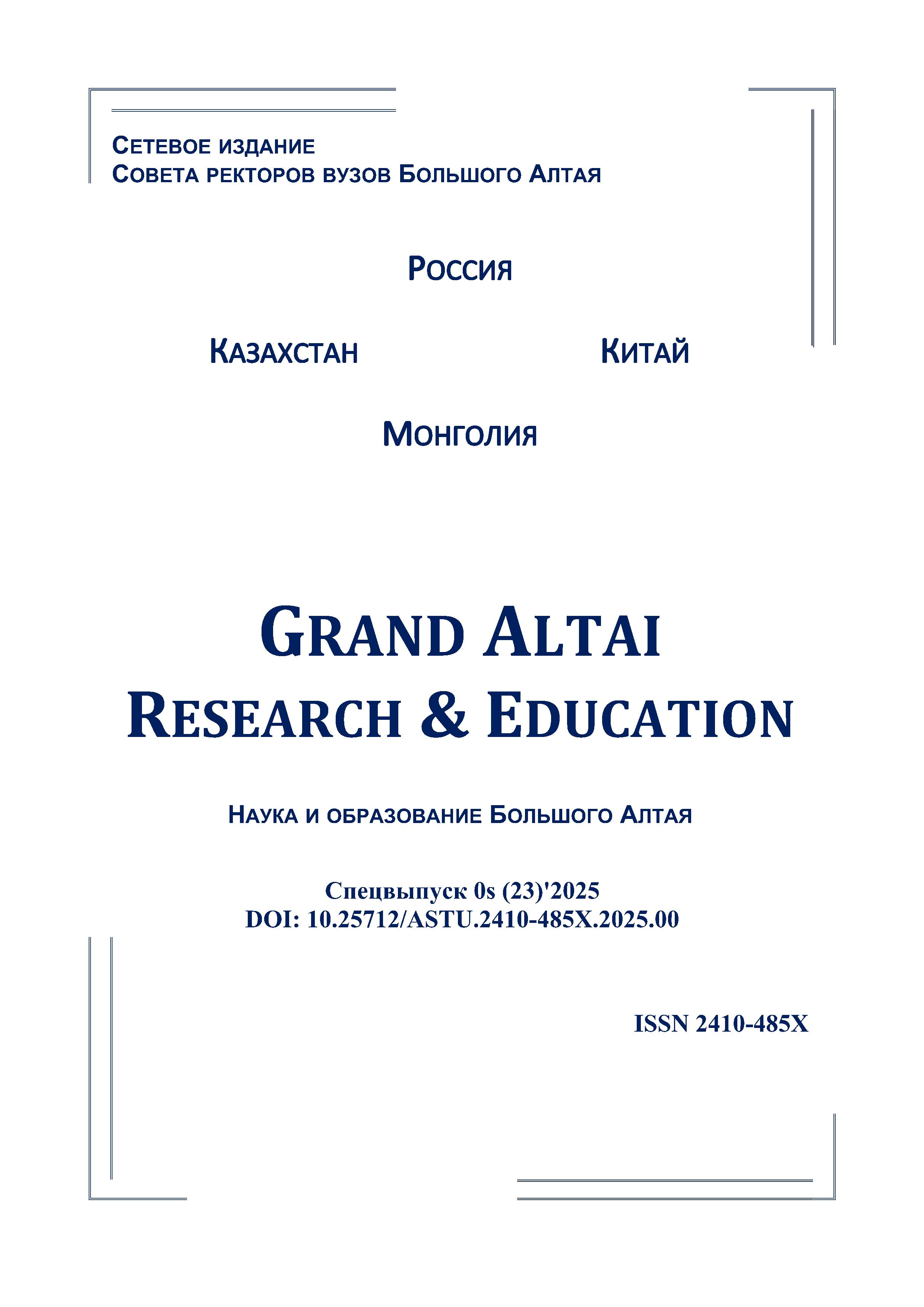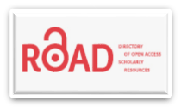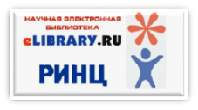Linguocultural aspect in teaching russian as a foreign language by muslim students
Keywords:
linguacultural aspect, RKI, tradition, custom, culture, islam, easter, ramadan bayram, intercultural dialogueAbstract
This article examines the important issue of teaching Russian as a foreign language to Muslim students, taking into account their linguacultural characteristics. The authors emphasize that effective teaching of Russian to this category of students requires a deep understanding of their cultural and religious context. The paper analyzes the key socio-cultural factors that influence the process of teaching Russian to Muslim students. Particular attention is paid to such aspects as religious beliefs, traditions, values and norms of behavior characteristic of Muslim culture. The authors point out that taking these features into account allows creating a more comfortable and motivating educational environment for this group of students. The article analyzes the difficulties that Muslim students face in the process of learning Russian and offers recommendations for overcoming these difficulties. Particular attention is paid to the selection of educational materials, the organization of the educational process, as well as the methods and forms of work that take into account the religious and cultural characteristics of these students. The author concludes that a comprehensive consideration of the socio-cultural context is a key condition for successful teaching Russian to Muslim students. The article may be useful for teachers who teach Russian as a foreign language, working with Muslim audiences, as well as for researchers studying the problems of intercultural communication in the educational sphere.
Downloads
Published
Issue
Section
License
Copyright (c) 2025 Х.Э. Исмаилова

This work is licensed under a Creative Commons Attribution 4.0 International License.








 .
.
